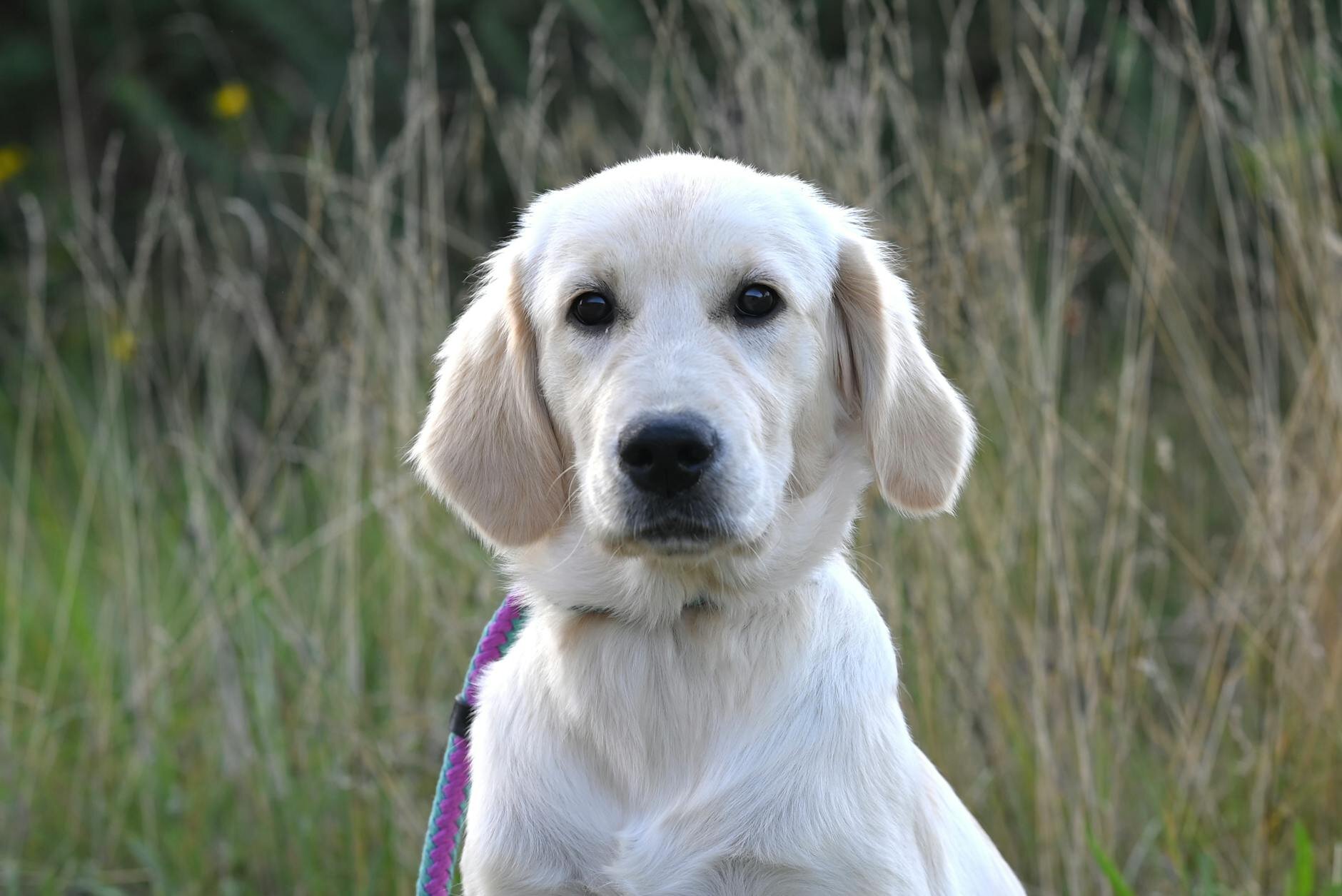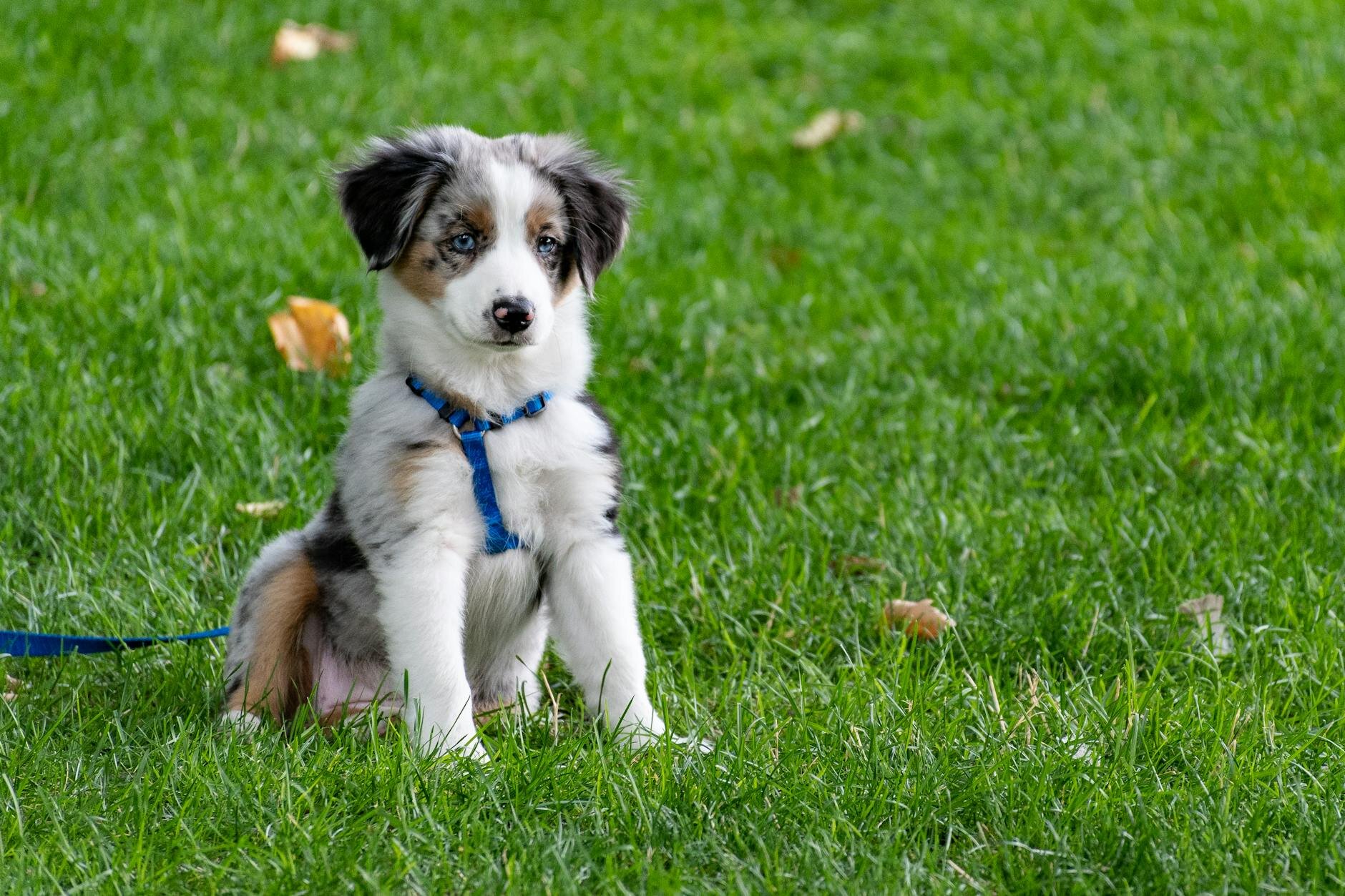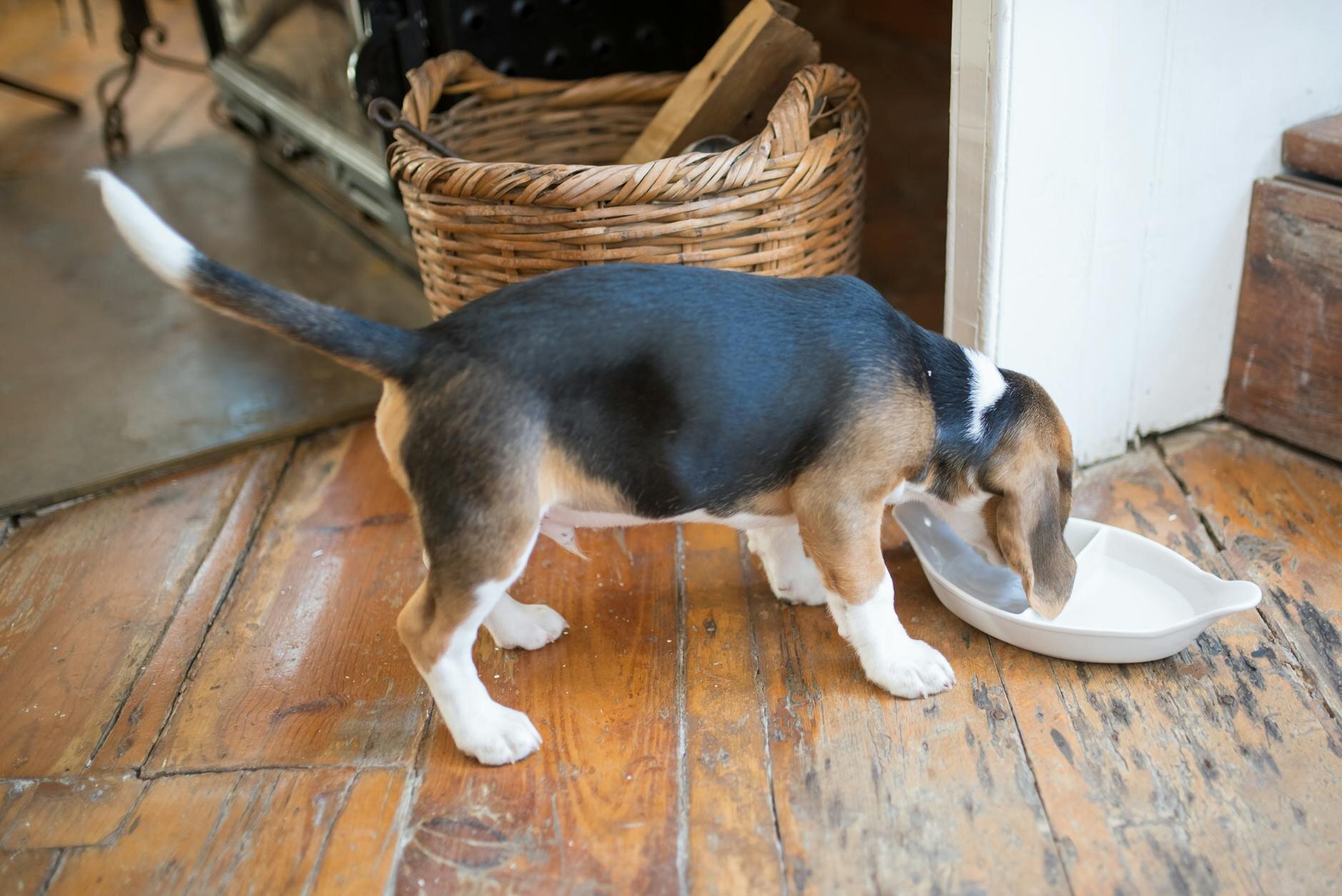Last Updated: 07/10/2025
What To Feed Your Puppy
What should you feed your new puppy? Our vet guide breaks down the best food for small, medium, and large breeds. Learn why size-specific nutrition is crucial and see our top recommendations for a healthy, happy start to life.
Author: Dr Teagan Lever BVSc (Hons)
Reading Time: 5 minutes - short read
Of all the exciting things that come with bringing a new puppy home - one of the most important first steps is choosing the right food. What you put in your puppy’s bowl is the foundation for a long, healthy, and happy life.
Growing puppies aren't just mini adult dogs; they have unique and demanding nutritional needs. Their bodies are working overtime to build strong bones, develop sharp minds, and support a robust immune system. It’s a massive job for such a little body!
With a sometimes dizzying array of options to choose, from dry kibble to wet food and breed-specific formulas, it’s easy to feel overwhelmed. This guide is here to help you choose the best diet for your puppy.
Large and giant breed puppies

Large breeds (adult weight over 25kg) and Giant breeds (adult weight over 45kg) are at risk of developing bone and joint problems if fed a diet that is too high in energy or has the incorrect balance of calcium and phosphorus. They also can take 18 to 24 months to finish growing! Large and giant breed puppy foods are specifically formulated to help support a slower, longer growth period, prevent developmental bone and joint problems and support lean muscle development during their growth.
Along with diets designed exclusively for specific large breeds of puppies like Labradors, Golden Retrievers and Rottweilers, Royal Canin also produces a giant breed puppy food for giant puppies up to 8 months of age, and giant breed junior food, designed from 8 months until 18-24 months of age.
Medium breed puppies

Medium breed puppies (adult weight between 11kg and 25kg) are often working and very active breeds, like Border Collies and Kelpies. It is important that they are fed a puppy formulation to meet their energy needs while ensuring robust skeletal development.
Most standard puppy foods are suitable for medium breeds, however some are specifically formulated with medium breed puppies in mind.
Small breed puppies

Small breed puppies (with an adult weight less than 10kg) have special needs too! Breeds like Maltese Terriers, Chihuahuas, Toy Poodles and Jack Russell Terriers mature quickly and have higher energy needs.
Small breed puppy formulations are designed to meet these energy needs while ensuring the right balance of nutrients for growth and development. They also have smaller kibble sizes to make them easier for little mouths to chew.
Introducing a New Food to Your Puppy

When you first bring your puppy home you should start by feeding the food that they were eating at their previous home. Suddenly changing a puppy's food can result in tummy upsets and diarrhoea so it should be avoided.
Over a period of one to two weeks you can gradually transition your puppy across to new diets.
For information on how to transition your puppy's diet, read through our guide to How to Introduce a New Food to Your Pet.
To begin with, you should feed your puppy three to four small meals a day. As every puppy formulation is different and your puppy's energy requirements will increase as they grow, check the feeding guide on the packaging to ensure that you are feeding the correct amount for your puppy's weight.
For more information, read through our guide to How Much and How Often to Feed Your Puppy.
FAQs
Choosing the right food for your new puppy is one of the most impactful decisions you'll make for their lifelong health and wellbeing. By selecting a premium, complete and balanced diet tailored to their specific breed size, you are providing the essential building blocks for healthy growth and development.
Remember to introduce any new food gradually to avoid tummy upsets, and enjoy the journey with your happy, thriving new companion.
Articles recommended for you
Our vet authored guide to the benefits of feeding your dog fresh food plus tips and advice for introducing it into their regular menu.
See our guide to protecting your pet from parasites from our vet team.
Thinking of getting a fish? Check out our guide for setting up a tank and home care tips!
Looking to understand horse feeds better? This comprehensive guide covers feeding recommendations for horses of all ages and disciplines.
Does your pet suffer from anxiety? Check out our Vet-guide for treatment options to help your pet.
History
Our experts continually monitor the health and wellness space and we update our articles when new information becomes available.
Wed 8 Oct 2025
Edited by Dr Gillian Hill BVSc (Hons)Dr Teagan Lever BVSc (Hons)
Head Veterinarian, BVSc (Hons)
Pet Circle's Head Veterinarian, Dr Teagan graduated from the University of Queensland in 2010 and went on to work in small animal and mixed practice in various locations around QLD & ACT before joining Pet Circle in early 2016. Dr Teagan has special interests in dermatology, nutrition and preventative health care. She feels privileged to witness the special bond people share with their pets on a daily basis and enjoys forming lasting relationships with pet parents and their fur children.

